Thematic Programme
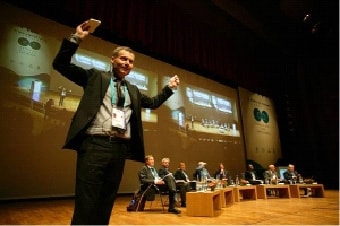
During the scores of discussions in over one hundred sessions, some overall messages emerged:
Water is a common denominator for many development issues and the key to successfully resolving those challenges.
Because of the interrelatedness of water issues across so many different sectors, progress can only be achieved through an interdisciplinary approach. There is a need to reinforce the preliminary linkages made at the 5th World Water Forum and continue to think out of the box.
Education, capacity development and financial support are needed in virtually every domain to support further progress.
Solutions must be sustainable and flexibly adapted to specific local or regional circumstances: no “one size fits all” approach can be applied to water management.
Stakeholders need to be engaged through participatory processes in the earliest stages of water resource development strategies.
The 5th World Water Forum enabled greater focus and synergies to move forward on today’s water-related challenges and to create more political will.

Climate Change, Disasters and Migration
While climate change, disasters and migration are distinct in scope and challenges, joint reflection on these issues at the 5th World Water Forum concluded that good adaptation measures implemented for climate change and disasters will, in fact, assist in mitigating migration. One billion slum dwellers worldwide demonstrate that unsolved rural problems lead to urban problems. Therefore, more work is needed to continue to dovetail efforts before crises arise, despite disparities among these domains. In addition, the message that water is the medium through which climate change acts and the work on “hotspots” and recommendations formulated at the 5th World Water Forum will be channeled into the UNFCCC CoP15 processes, as well as to other international processes.
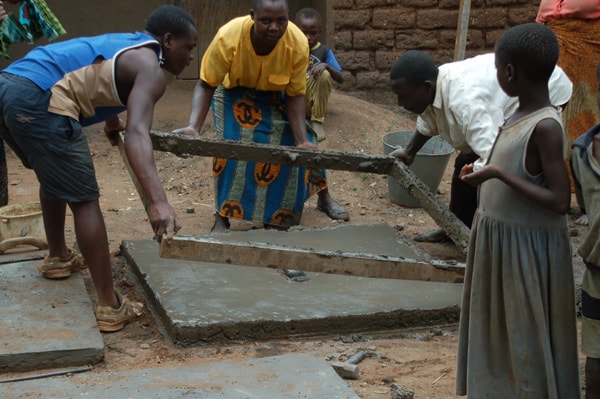
Advancing Human Development and the MDG’s
Regardless of whether or not the MDG’s are achieved, after 2015, the remaining half of the population will still need to be served. At the 5th World Water Forum, the main impediments to reaching the MDGs were identified as a lack of effective management, investment, institutional capacity and political priority. One suggested instrument to ensure coverage for all school-aged children was the creation of a global convention to implement WASH in schools.
However, the necessity was also made clear to move away from increasing crisis management toward a process steered by more long-term development objectives, in which the challenges are recognized as all being interconnected. This will be especially important in harmonizing water use between energy production, food production and other uses, so that these needs complement each other rather than compete against one another. The fundamental baseline associated with all development and environmental challenges is that by 2050, the world’s population will rise to over 9 billion people, and all will need water and sanitation.
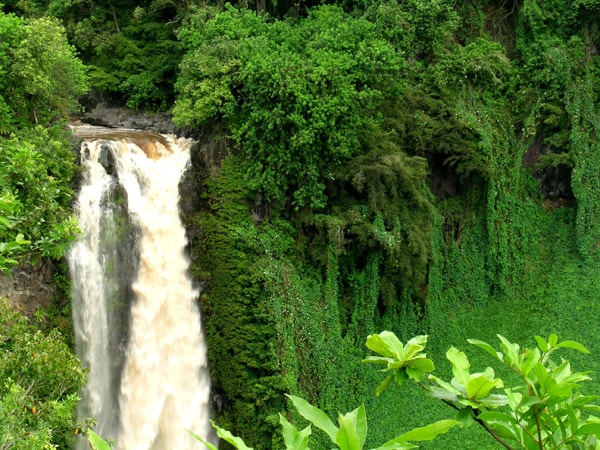
Managing and Protecting Water Resources
This theme perhaps offered the most fertile terrain for building bridges between polarized viewpoints: on transboundary issues, on storage issues, on infrastructure and environment, and between policy and implementation. Generally, it was agreed that river basin organizations offer a vehicle through which a range of partners can work together. In addition, a “Handbook on Integrated Water Resources Management in Basins” was presented, providing useful advice on how to improve governance of freshwater resources in basins. It was also recommended that IWRM needs to be practiced at different scales in order for it to be helpful in enabling Governments and all stakeholders to determine how to allocate water appropriately and which global solutions are most appropriate for any given situation. But most of all, these recommendations must lead to action.
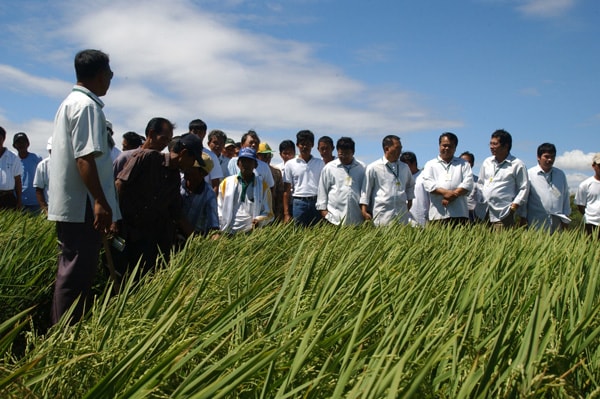
Governance and Management
A wide majority of stakeholders reaffirmed support for the right to water and sanitation, already extensively recognized by many States, and supported further efforts for its implementation. In addition, a better understanding of the complementary roles of public and private sectors was achieved, recognizing that specific circumstances call for specific solutions. Moreover, 10 priority issues for catalyzing institutional change and policies were identified. In an effort to address corruption issues, participants called for the creation of an international tribunal to address violations and launched an appeal to incorporate anti-corruption safeguards into project designs. The need for public participation as an essential component of good governance was also emphasized.
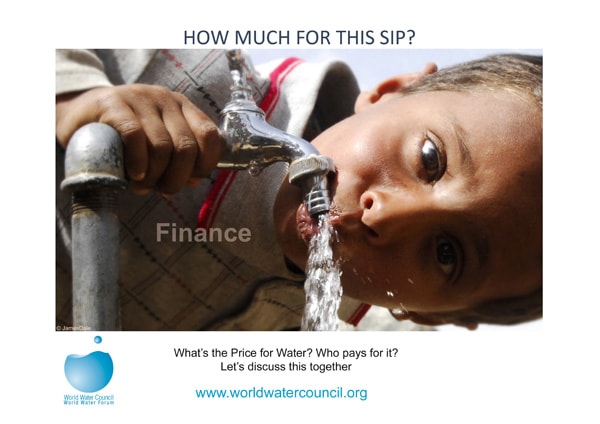
Finance
Through a series of panels, sessions and side events throughout the week, financing issues received much greater attention than ever before from Forum participants. Despite recognition that financing needs for the water sector are still enormous and remain a major constraint for further development, the discussions enabled a much better understanding of the fundamentals of water economics. It was agreed that funds need to be allocated where they can have the biggest impact. By flexibly balancing “The 3 Ts: Tariffs, Taxes and Transfers”, the sector is consciously shifting its operational paradigm from “full cost recovery” to “sustainable cost recovery.” Although higher priority for water should still be requested in national budgets, increased efficiency and greater innovation can actually reduce financing needs.
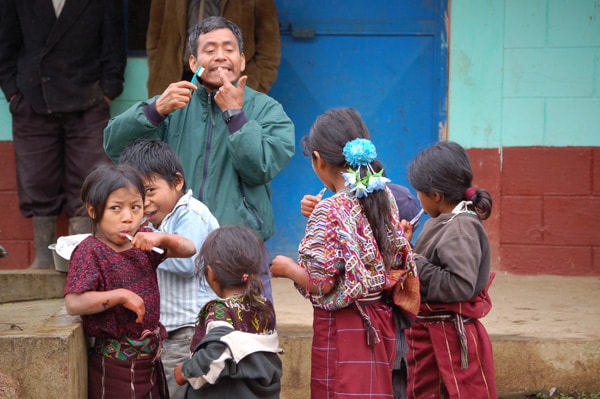
Education, Knowledge and Capacity Development
With a view of strengthening science and education, participants called for:
- Enhancing knowledge and capacity development within the water sector;
- Improving data gathering, sharing and dissemination mechanisms;
- Promoting knowledge-based integrated approaches and informed decision making in water resources management;
- Actively engaging professional associations and all stakeholders.
To accomplish these objectives, guiding principles for education, knowledge and capacity development were drafted. Both Youth and network associations were recognized as powerful agents for change in this domain, especially in the advent of new technologies that will improve interconnectedness in future water management strategies. Partners also committed to improve the organization and availability of water-related data, building upon existing systems.
